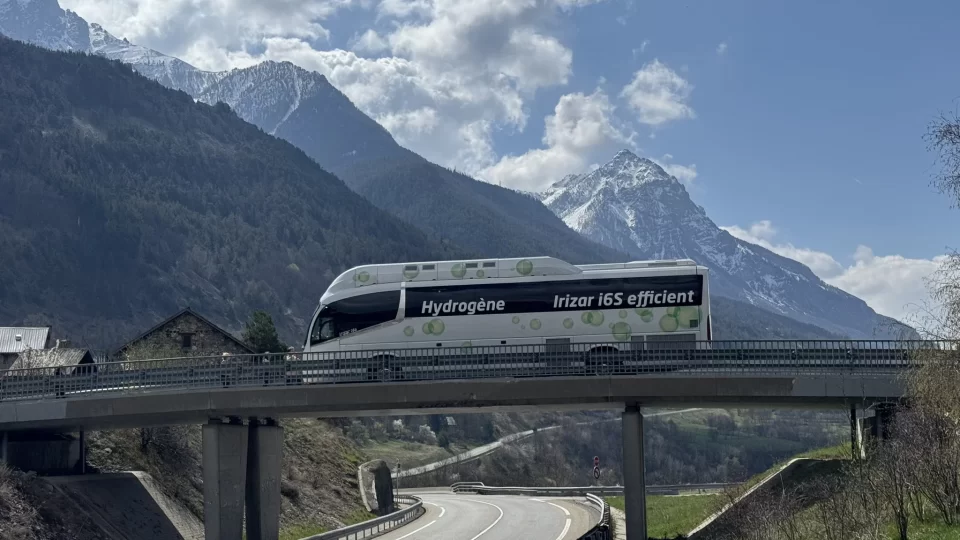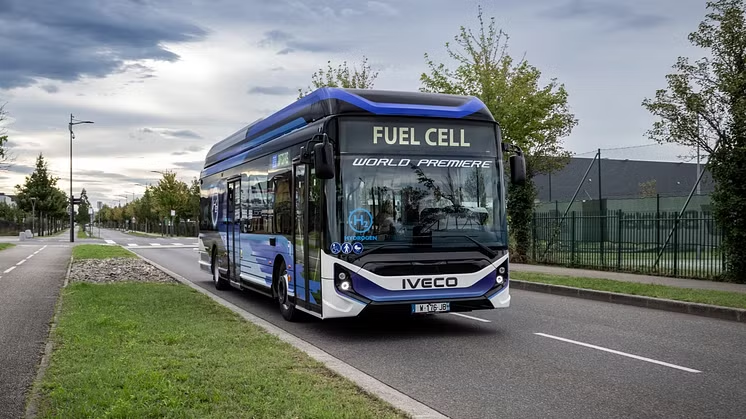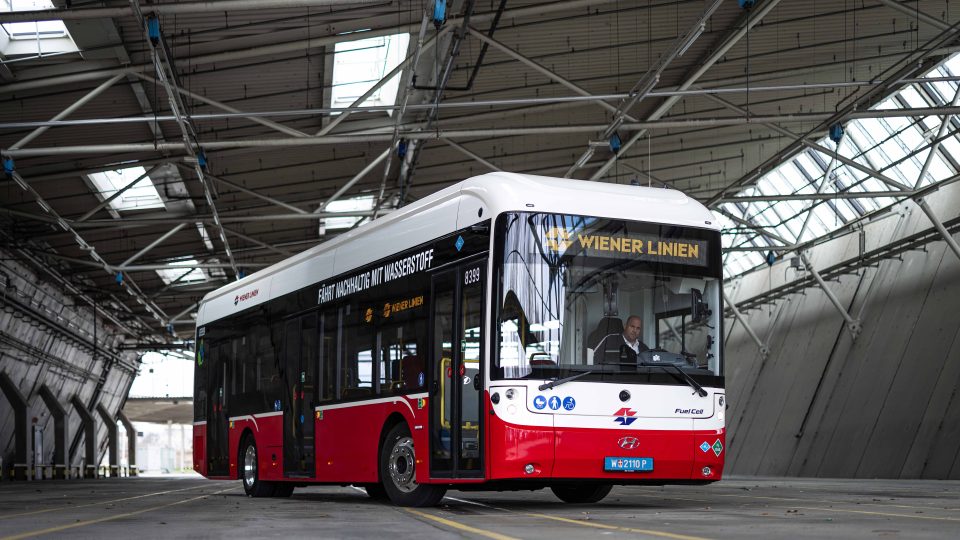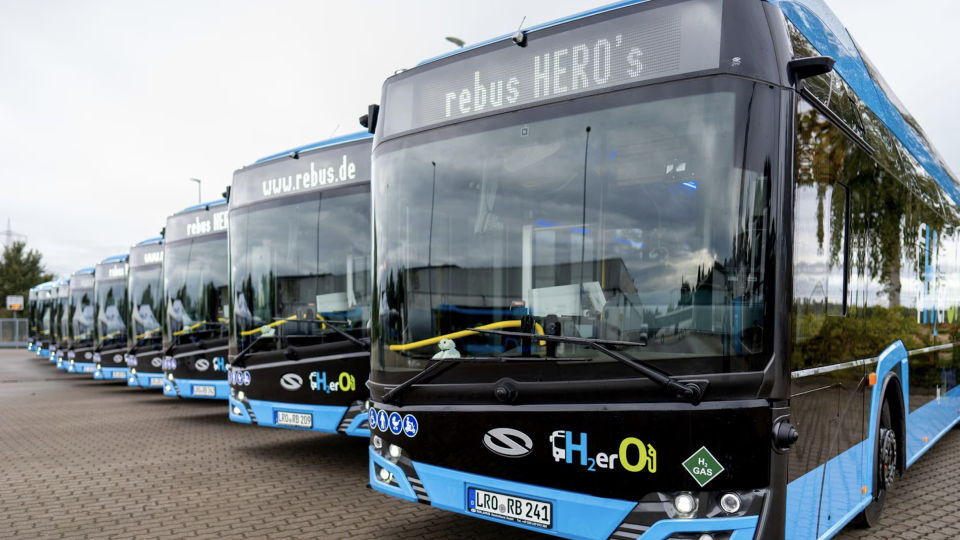Fourth Polish city buying fuel cell buses: Solaris to provide Urbino 12 hydrogen to Wałbrzych
Solaris will deliver 20 12-meter hydrogen buses to the Polish city of Wałbrzych. The contract includes an option to purchase an additional 25 vehicles. The first 14 units will be delivered to Wałbrzych in September 2024. The contract is to be completed by the end of July 2025. The vehicles ordered will be the first ever hydrogen-powered vehicles to be deployed in the city. In Poland, hydrogen vehicles already successfully ply routes in the cities of Konin, Poznań […]
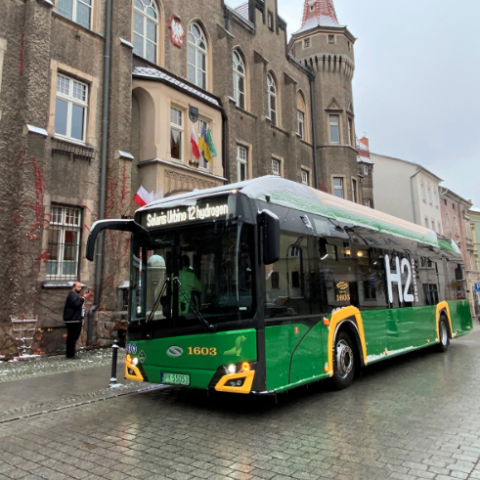
Solaris will deliver 20 12-meter hydrogen buses to the Polish city of Wałbrzych. The contract includes an option to purchase an additional 25 vehicles. The first 14 units will be delivered to Wałbrzych in September 2024. The contract is to be completed by the end of July 2025.
The vehicles ordered will be the first ever hydrogen-powered vehicles to be deployed in the city. In Poland, hydrogen vehicles already successfully ply routes in the cities of Konin, Poznań and Lublin.
Solaris fuel cell bus for Wałbrzych
The Urbino 12 hydrogen model is fuelled solely with hydrogen converted to electricity in the fuel cell by Ballard. The fuel cell acts as a miniature power plant aboard the vehicle drawing fuel from hydrogen tanks located on the roof. The bus can cover at least 350 km with full tanks, Solaris says, and their refuelling takes about 10 minutes, depending on the infrastructure.
The 12-metre buses will feature 70 kW fuel cells that draw hydrogen from five tanks with a total capacity of 1,560 litres. The hydrogen-powered Solaris buses will also feature a relatively small Solaris High Power traction battery, to support the fuel cell when the demand for electricity increases. The drive unit will be a central electric motor.
The vehicles will offer 31 seats, including 10 with increased accessibility, i. e. without any additional steps. What is more, they will boast a bay for wheelchair-bound passengers and those with pushchairs or prams. The buses will refill with hydrogen at a hydrogen refuelling station located at a gas station on Warszawska Street in Poznan.
“Solaris is committed to creating more sustainable and environmentally friendly towns and cities. We are extremely proud that the city of Wałbrzych has chosen us as a partner to introduce hydrogen technology to its public transport. Hydrogen buses improve the quality of air in the city and, at the same time, they offer long ranges and superior travel comfort”, said Dariusz Michalak, CTO at Solaris Bus & Coach, who attended the contract signing.



